What drew you to South Africa?
At Wellesley, my major is focused on the history of race and ethnicity in the United States. I chose South Africa because I wanted to learn more about the issues of race/ethnicity, power, colonialism, and social justice in another context.
What is your academic program like?
My courses are lecture-based, with visiting lecturers from the University of Cape Town and other academic institutions and nonprofits. I am taking four classes: two seminars (“Multiculturalism and Human Rights” and “Narratives of Identity and Social Change”), a research methods and ethics class, and an intensive introductory language study in isiXhosa. At the end of the semester, I will undertake a monthlong independent study project.
Where are you living?
I will live in four different homestays: one in Langa (a black township in Cape Town), one in Tshabo (a rural Xhosa village in the Eastern Cape), one in Stellenbosch (a white Afrikaner area in Cape Town), and one in Bo Kaap (a Cape Malay neighborhood in Cape Town).
What’s your favorite part of your daily routine?
All the excursions. Each week of the program includes field trips and interactive learning opportunities. For example, this past week we went on tours at Robben Island and parliament, visited an anti-apartheid activist at his home, and went to various NGOs around Cape Town.
What has surprised you most?
I was surprised by the role that apartheid’s legacy plays in South Africa today. Despite significant political and social progress since 1994, many material and social inequalities persist. Compared to mainstream American culture, which has the tendency to try to keep quiet about our history of racial injustices, South African culture seems to be much more open about discussing the injustices of its past and how this history directly affects present-day life.

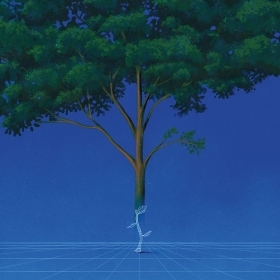
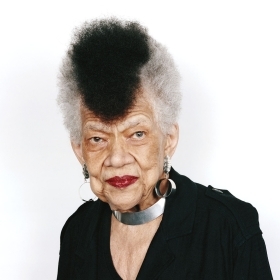
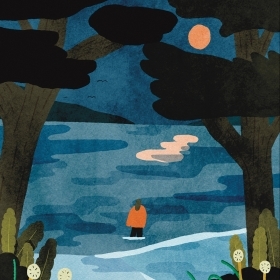
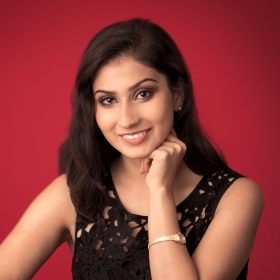
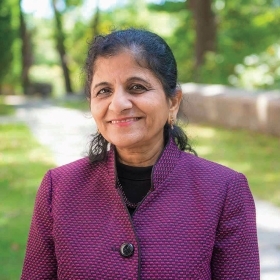
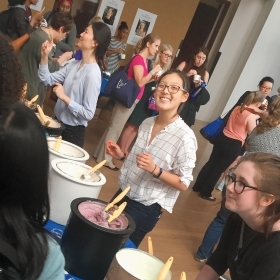
We ask that those who engage in Wellesley magazine's online community act with honesty, integrity, and respect. (Remember the honor code, alums?) We reserve the right to remove comments by impersonators or comments that are not civil and relevant to the subject at hand. By posting here, you are permitting Wellesley magazine to edit and republish your comment in all media. Please remember that all posts are public.